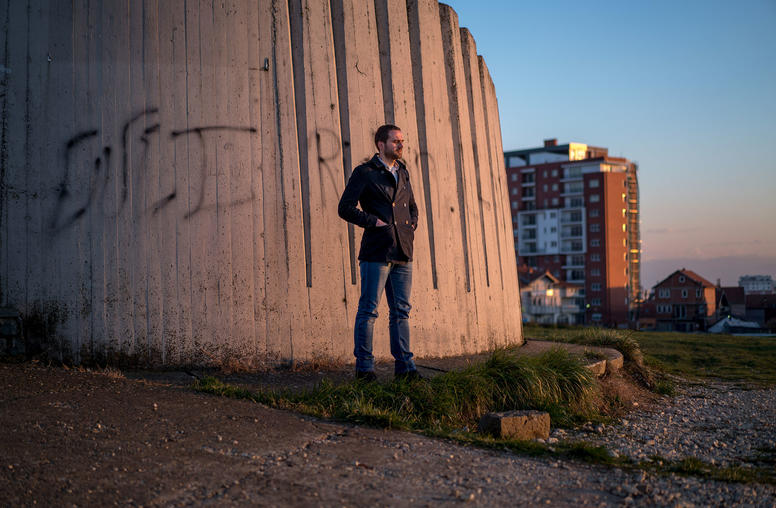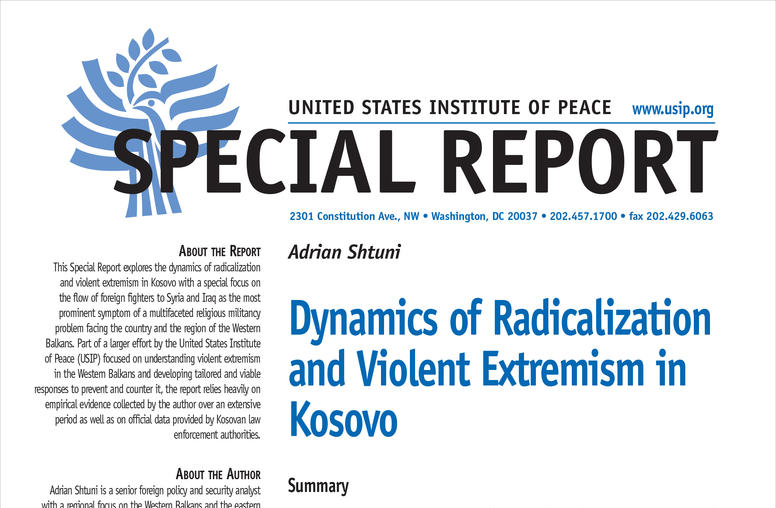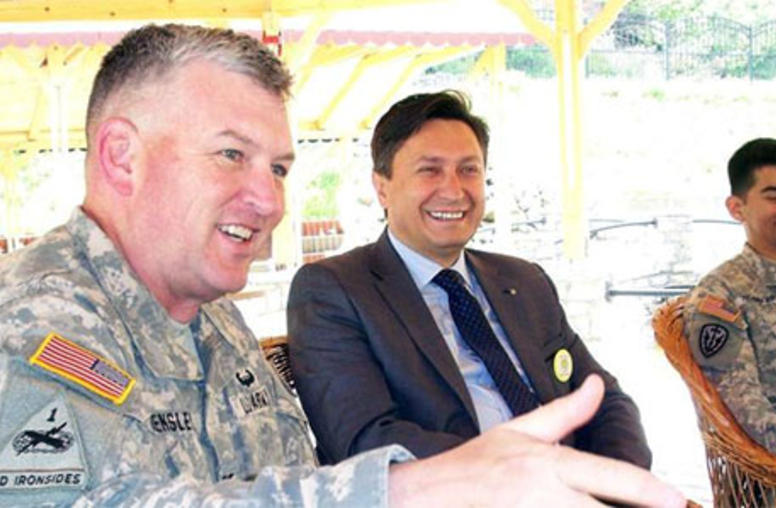Kosovo: What Next?
What is next for Kosovo? Veton Surroi, who served as a negotiator for Kosovo at both the 1999 Rambouillet and 2006 Vienna talks and now heads the Foreign Policy Club, will present his views on Kosovo’s priorities and future.
On July 22, 2010, the International Court of Justice gave its advisory opinion on Kosovo’s 2008 declaration of independence, ruling that it did not violate any applicable rule of international law. Kosovo is already recognized by 69 sovereign states but continues to host NATO, EU, OSCE and U.N. missions left over from the period of interim administration.
What is next for Kosovo? Veton Surroi, who served as a negotiator for Kosovo at both the 1999 Rambouillet and 2006 Vienna talks and now heads the Foreign Policy Club, will present his views on Kosovo’s priorities and future.
Speakers
- Veton Surroi
Founder, Koha Ditore
Foreign Policy Clu - Daniel Serwer, Moderator
Vice President, Centers of Innovation
U.S. Institute of Peace



